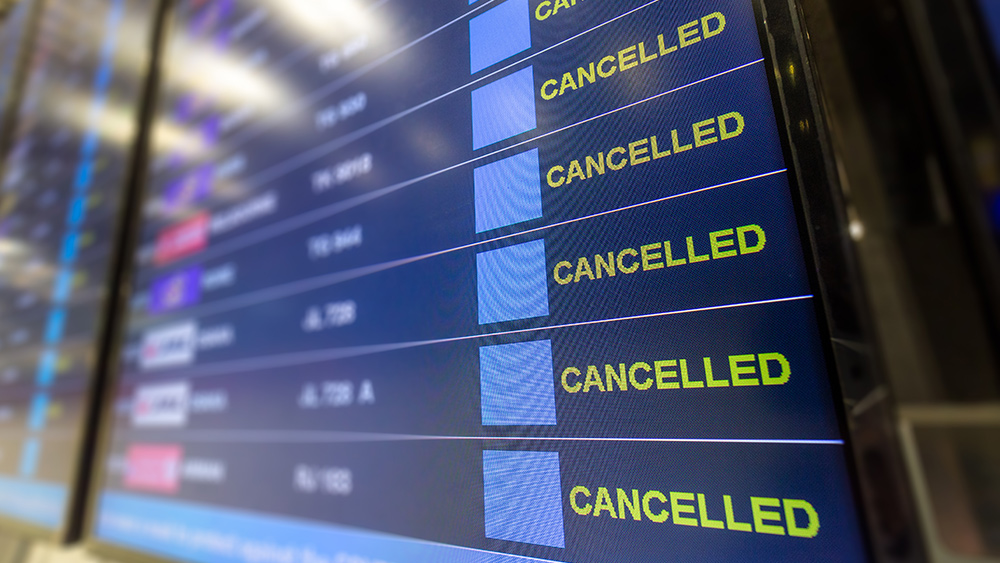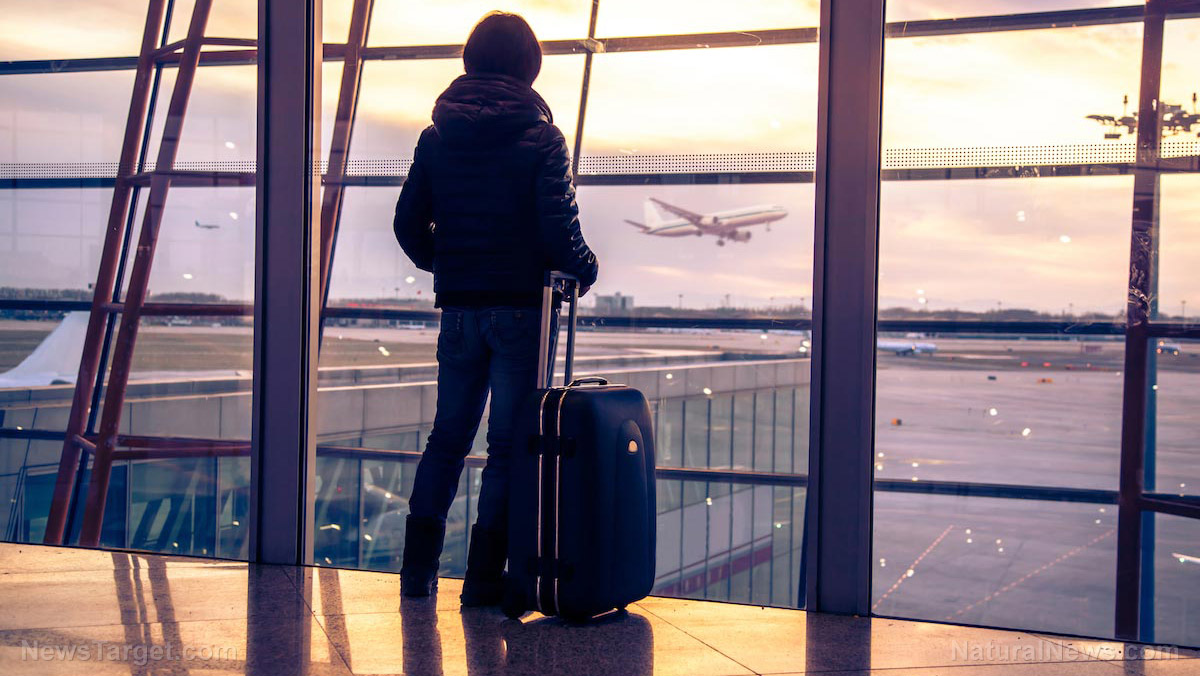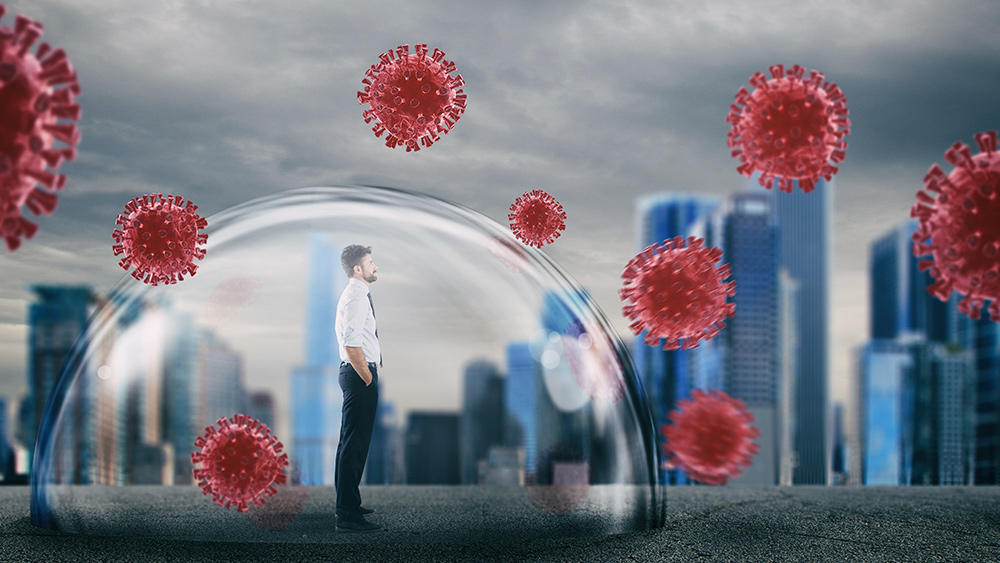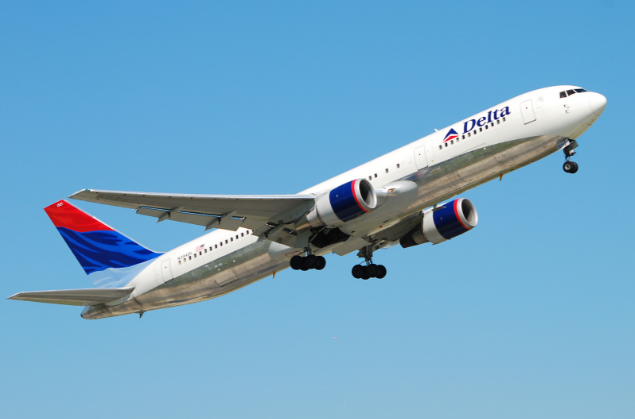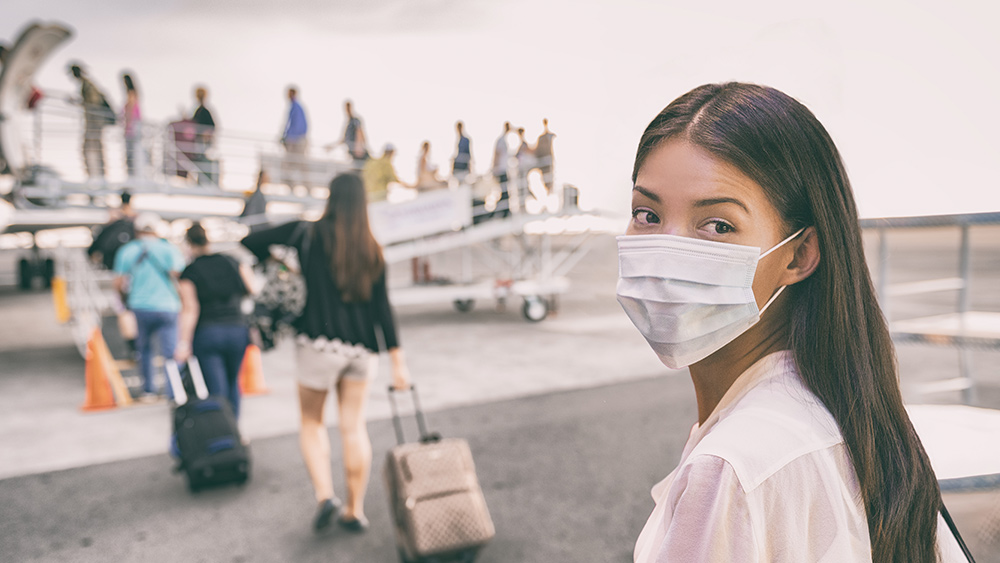
If you're a frequent traveler, here's something to think about on your next flight. According to a study, most airport germs can be found in an unlikely place. Surprisingly, it's not in the toilets.
The study was conducted by researchers from the National Institute for Health and Welfare (Terveyden ja hyvinvoinnin laitos; THL) in Finland and the University of Nottingham in England.
Airport security bins are full of microbes
For their study, the researchers swabbed various surfaces often used by passengers at Helsinki-Vantaa airport in Finland. They discovered that even though at least one respiratory virus was present on 10 percent of everything they swabbed, the microbes that could make people sick can be found on items like card readers in shops, children’s play areas, passport checking counters, and staircase rails.
The researchers warned that they also detected bugs that could cause illness in 25 percent of the air samples they analyzed. They added that the virus they detected the most in their study was rhinovirus, the cause of the common cold.
According to the researchers, they found rhinovirus on a whopping 40 percent of the surfaces that were contaminated by at least one virus. They also detected significant amounts of influenza A virus.
Not surprisingly, the surfaces these viruses were most frequently found on were also the most unavoidable: The plastic bins used at airport security checkpoints. (Related: Safe flying? Study finds airport security trays carry more viruses than toilets.)
In a press release, Niina Ikonen, a virology expert from THL, explained that the study was the first to investigate the presence of microbes in an airport. She said that the results can help support preparedness planning to prevent the spread of serious infectious diseases in airports.
Ikonen added, "The results also provide new ideas for technical improvement in airport design and refurbishment."
Coronavirus also detected in airport surfaces
The researchers also found a worrying microbe called coronavirus on 30 percent of the surfaces contaminated by a virus.
According to the New York City Department of Health and Mental Hygiene, most coronaviruses cause mild to moderate upper respiratory infections like the common cold. However, coronavirus can sometimes cause severe pneumonia, especially among the elderly and individuals with heart and lung disease.
Dr. Carl J. Fichtenbaum, a professor of medicine at the University of Cincinnati, warned that many microbes can survive on different surfaces for at least several days.
In the study, the researchers used a method that only detects genetic material from viruses on surfaces and in the air. They clarified that detection through this method was not proof that the viruses were alive and could cause diseases.
How to stay healthy when flying
The researchers were surprised to find that there weren't that many viruses in most of the samples collected from the airport restrooms. They posited that this was because most people wash their hands thoroughly when they're using a public toilet.
Even though you’re not necessarily in danger of contracting a serious illness when you travel by plane, it's important to take precautions so you don't catch a cold or the flu. Follow these tips to avoid exposure to germs when you're traveling.
- Wash your hands often and thoroughly with soap and water for at least 20 seconds. According to the Centers for Disease Control and Prevention (CDC), hand washing is the most important infection control measure.
- Don't touch your eyes, nose, and mouth with unwashed hands.
- Wipe down the armrests and tray table with sanitary wipes.
- Use tissues to open the bathroom door.
- Always use a face mask, especially if you're sitting next to a passenger who's coughing or sneezing.
- Get a window seat, and ask a flight attendant if you can switch seats to get away from a sick passenger.
- Stay hydrated and avoid fatigue to strengthen your immune response.
- Don't fly if you're really sick.
Fichtenbaum said he doesn't think airports can start a flu epidemic. While there are a lot of people in airports, travelers don't usually come in contact with surfaces or other individuals long enough for infection to occur.
However, it's still important to practice proper hygiene since you're more likely to catch a cold or the flu at home or in public areas like schools.
Sources include:
Please contact us for more information.
















